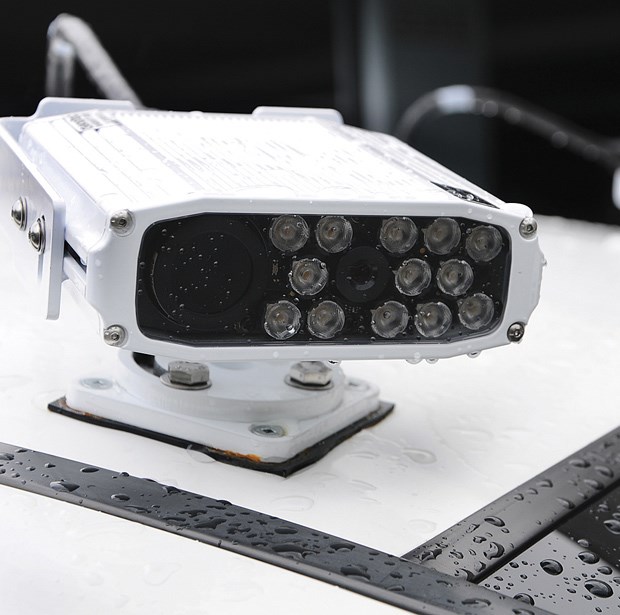B.C.s privacy commissioner has ordered the Victoria Police Department, and other police forces, to change the way they use automated licence plate recognition cameras, amid fears the technology could become a mass surveillance technique.
Commissioner Elizabeth Denham released an investigative report into VicPDs usage of the cameras Thursday, saying shes very concerned about how police forces might retain and later use the personal information of people who have committed no crime and done nothing wrong.
The cameras, which are mounted on police cruisers, automatically scan the licence plates of passing vehicles. The cameras can record 3,000 licence plates per hour, and automatically flag drivers who have outstanding warrants, dangerous criminal histories or expired insurance, among other infractions.
The non-hit data on drivers who have done nothing wrong, is still recorded by the machines and later dumped into an RCMP database, where the Mounties say it is later destroyed.
However, Victoria police chief Jamie Graham, and senior RCMP officials, have publicly said theyd like to keep that non-hit data. The RCMP has said it could potentially compile a list of times and locations of innocent people, which can be later used to check their alibis if they are accused of a future crime.
Thats against the law because the police forces arent obtaining peoples consent, said Denham.Collecting personal information for law enforcement purposes does not extend to retaining information on the suspicion activities of citizens just in case it may be useful in the future, she wrote in her report.
The data on drivers that have done nothing wrong should be automatically and immediately deleted from the licence plate recognition computer, said Denham.
Denham also recommended the Ministry of Justice more accurately describe the mandate of the licence plate cameras and inform the public about the full scope of the program.
Its unclear whether Victoria police will follow Denhams recommedations. If the force chooses not to, Denham said she can make a legally-binding order.
Victoria police chief Jamie Graham said the automated system has helped officers keep up with the volume of infractions on the road and this system has paid tremendous dividends to the communities of Victoria and Esquimalt.
However, the Department respectfully disagrees with certain elements of the Commissioner's characterization of how the ALPR program functions, Graham said in a statement.
For example, VicPD does not make known or reveal any "non-hit" data at any time. This data is transferred to the RCMP for the sole purpose of its destruction.
Denhams investigation was prompted by a letter her office received earlier this year from three Victoria researchers Rob Wipond, Christopher Parsons and Kevin McArthur. The researchers spent two years fighting for information on the licence plate program from VicPD and the RCMP before asking Denham to investigate.
Wiponds coverage of the licence plate system in Victorias Focus magazine won a 2012 Jack Webster Award for community reporting.
rshaw@timescolonist.com



